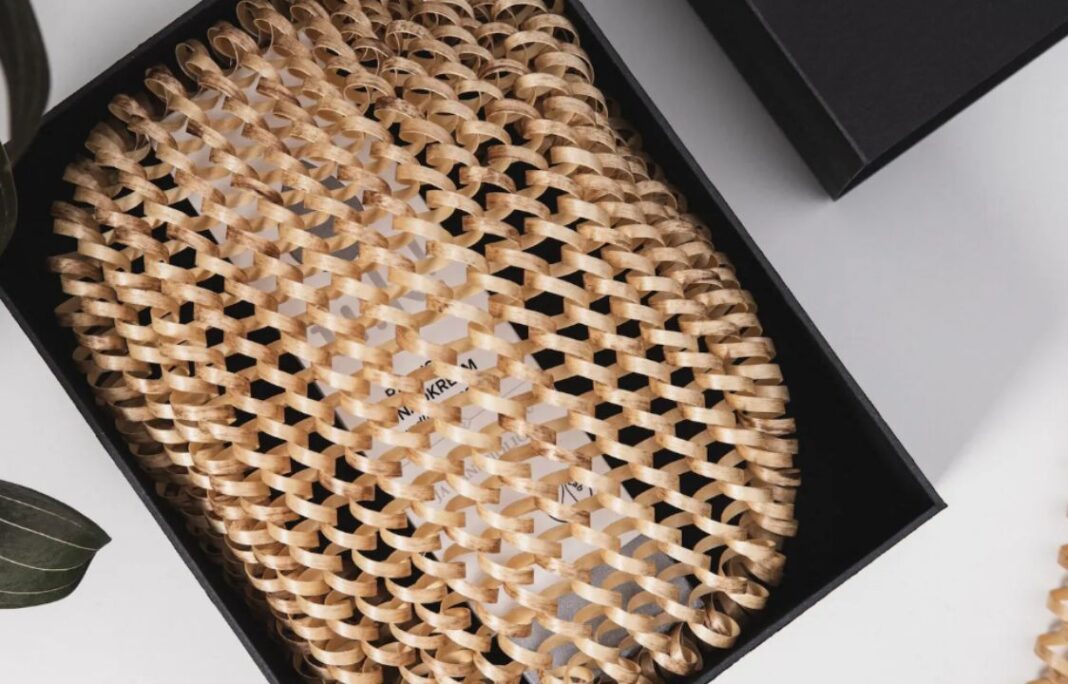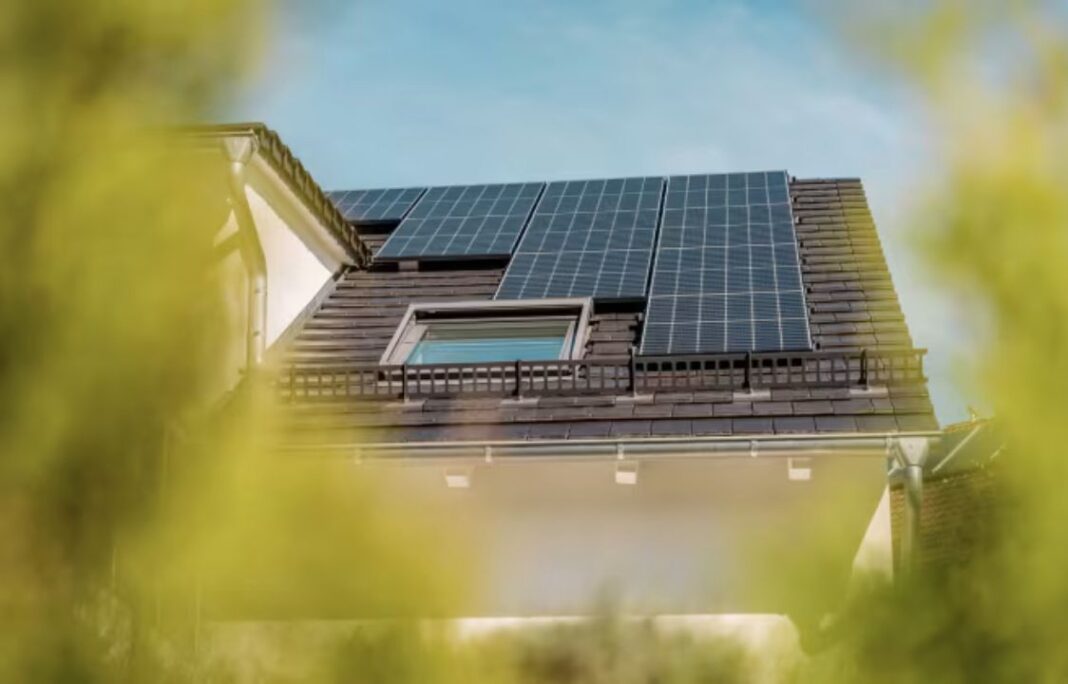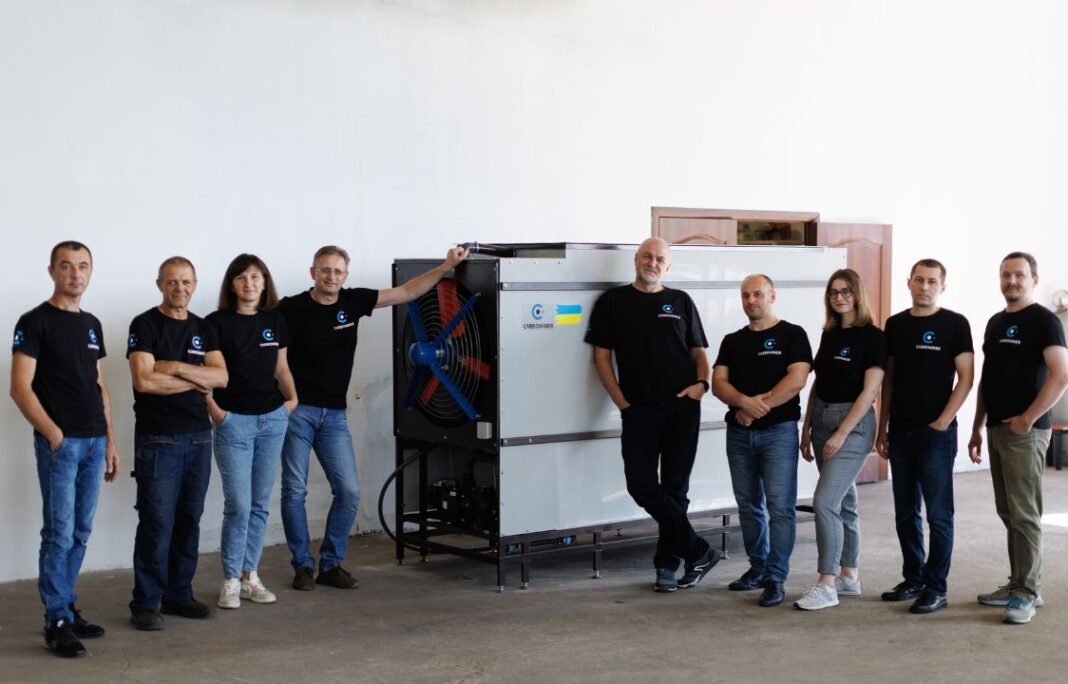Tallinn-based RAIKU, a cleantech startup that invented a 100 per cent natural and compostable alternative to plastic bubble wrap and packaging filling, has secured nearly €9M in a fresh round of funding.
The investment included a €5.65M grant and equity investment from the European Innovation Council (EIC) and an additional €3.15M from private sector investors.
RAIKU co-founder Karl Pärtel says, “Our competitors are bubble wrap, paper and cardboard, all of which require a huge amount of resources for production – including wood, chemicals, an insane amount of water and energy.”
Revolutionising packaging with sustainable alternatives
Founded by Karl Pärtel and Rain Randsberg in 2021, RAIKU crafts protective and 100 per cent natural packaging materials with a low CO2 footprint.
Co-founder Pärtel says, “In Europe, only about 60 per cent of packaging can be recycled, and we generate millions of tons of packaging waste every year. In addition, the carbon footprint of production processes are often understated.”
RAIKU has introduced a packaging filler made of wooden springs, boasting simplicity in design but complexity in industrial production.
According to the co-founder of the company, the product’s allure lies in its resource efficiency, allowing a 15-20 times increase in raw material volume without chemicals, and minimal water and energy usage. The spring structure is an ideal form for shock absorption.
Capital utilisation
RAIKU will use the funds to advance its chemical-free and compostable packaging material technology, establish its first factory, and subsequently scale production globally.
Co-founder Pärtel says, “Our primary production is already going mainly for export across Europe, and dozens of international companies are waiting in line.”
“The European Innovation Council agreed that our technology can make a significant contribution to meet the European Union’s Green Deal goals and that our products and production technology have a unique value proposition.”
RAIKU will also use the money to expand its team, engage in additional development collaborations and acquire equipment.
The industrial lines development process
Co-founder Pärtel reports that the final stages of developing fully automated industrial lines are currently underway.
“Fortunately, we’ve put all our resources into development so far, and we have a seriously competent development team of seven industrial engineers. In addition, we have a wide cooperation network from both the private sector and the academia.”
RAIKU has accelerated its development by collaborating with entities like the artificial intelligence and robotics center AIRE, benefiting from the expertise of Taltech Wood Laboratory in wood industry knowledge and raw material processing tests.
Additionally, private sector collaboration with MindTitan enhances the progress in the field of artificial intelligence.
“There are many more partners in engineering and intellectual property, and we are also very strongly supported by the Estonian startup community, the state, EAS and many others,” says Pärtel.
The EIC grant process
The European Innovation Council grants have a rigorous screening process, with only 7.5 per cent of Stage 2 applicants receiving positive responses in the last round. Despite the time-consuming nature of the application process, participants like Pärtel find it worthwhile in the end.
Pärtel says, “This process was really time-consuming, but in the end, it was worth it. All in all, there’s no need to be afraid, I recommend asking other companies and national contact points for advice, getting to know the projects that have received support in the past, and then evaluating whether it’s worth taking this journey or not.”
“Given the current economic climate, this kind of financing is ideal for us. It’s also a very important quality mark for both customers and future investors because we have run through the gauntlet of experts and investors. In addition, EIC will involve us in various events, trade fairs and overall business opportunities,” adds Pärtel.
EIC Accelerator helps deep tech companies in seed and growth stages, providing a mix of public grants and long-term equity investment. The Accelerator’s goal is to establish EIC as the premier early-stage deep technology investor in Europe.






